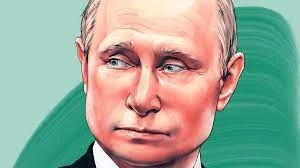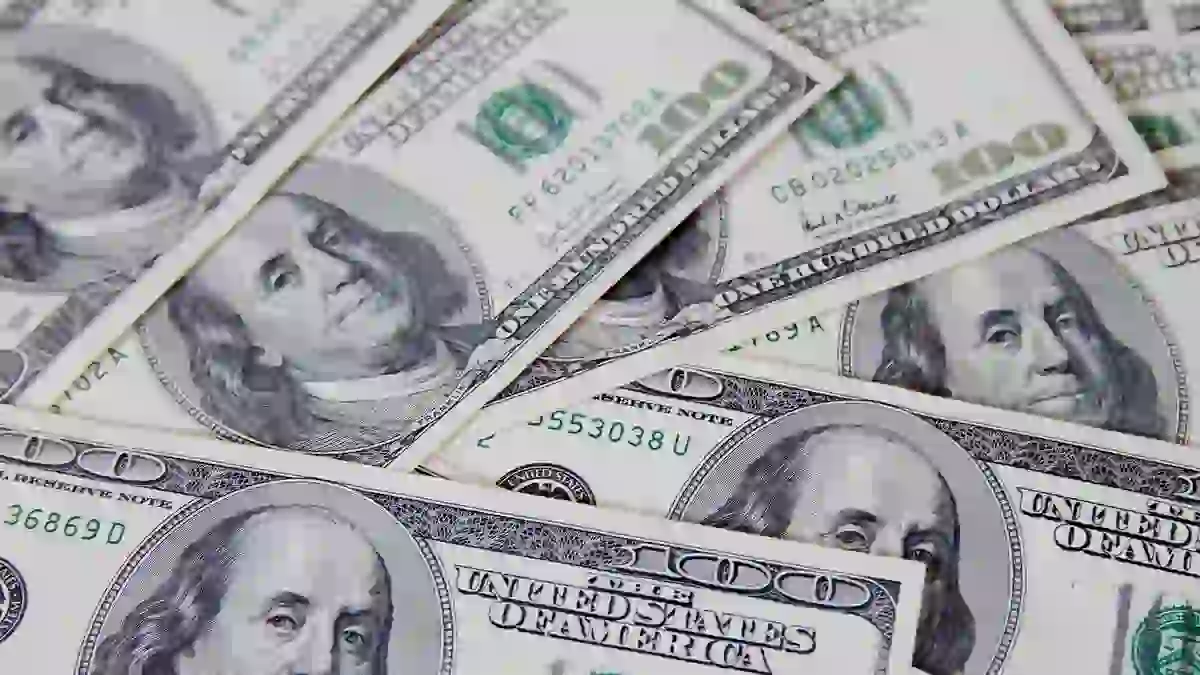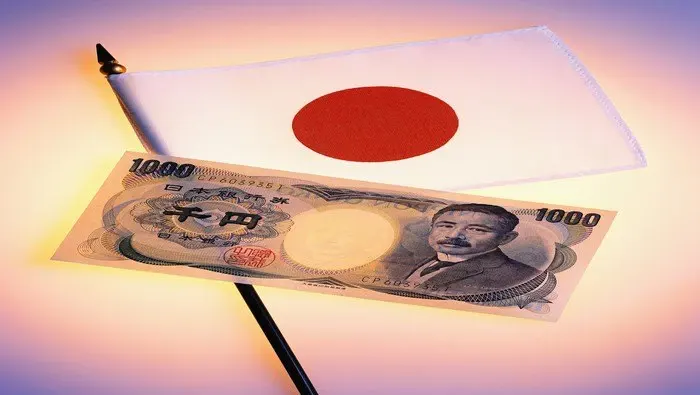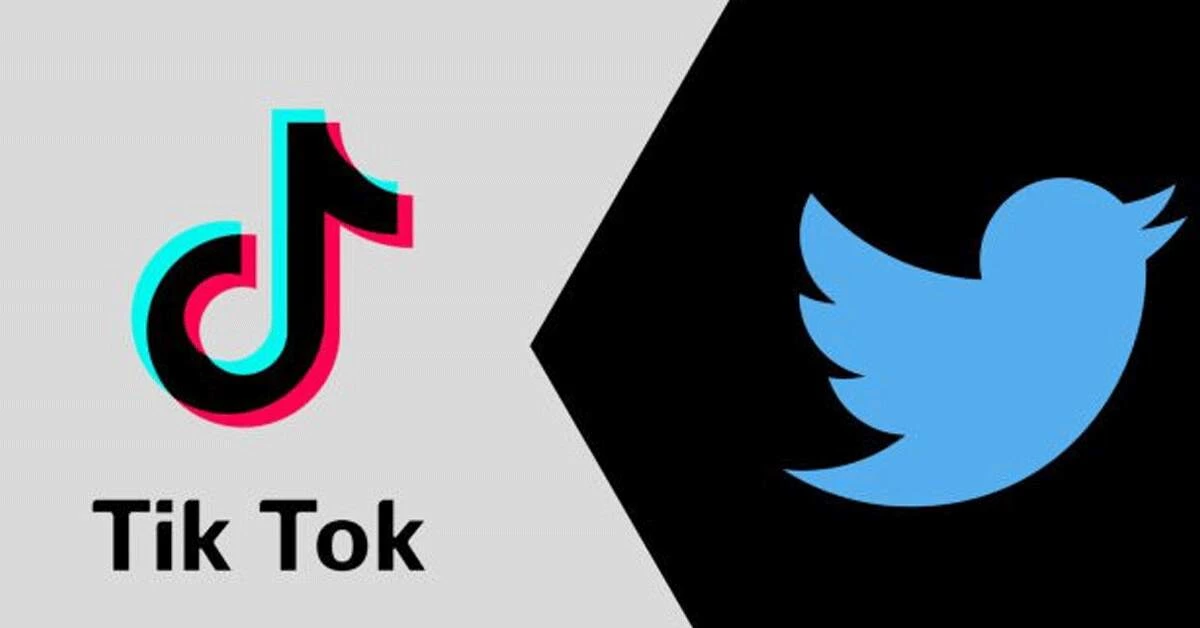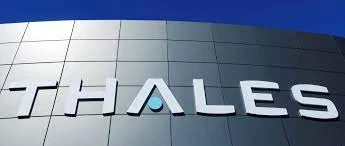Dollar Hovers Near Two-Week High Ahead of Expected Fed Rate Rise, Traders Await ECB and BoJ Decisions
- Shams Ul Zoha
- July 26, 2023
- 3:09 pm
WHAT YOU SHOULD KNOW
The U.S. dollar is hovering close to a two-week high ahead of an expected interest rate increase by the Federal Reserve later in the day.
Traders are awaiting policy decisions from the European Central Bank (ECB) and Bank of Japan (BoJ) this week, with a quarter-point rate hike anticipated from both central banks.
Economic data and central bank decisions are influencing market sentiment and currency movements, with investors closely monitoring the ongoing impact of interest rate changes on the global financial landscape.

On Wednesday, the U.S. dollar hovered near a two-week high as investors awaited an anticipated interest rate increase from the U.S. Federal Reserve. The European Central Bank (ECB) and Bank of Japan (BoJ) were also in focus for their policy decisions later in the week. The U.S. dollar index slightly dipped to 101.14 but remained close to the recent high, reflecting expectations of a quarter-point rate hike by the Federal Reserve, with divided opinions on further hikes in the future.
Despite the series of interest rate increases by the Federal Open Market Committee (FOMC), the U.S. economy has demonstrated resilience, lifting the dollar index from a 15-month low. U.S. consumer confidence reached a two-year high in July, driven by a tight labor market and easing inflation. Market analysts are closely watching the Fed Chair Jerome Powell’s stance, as a potential slowdown in underlying inflation might influence future rate decisions.
The ECB is anticipated to implement a quarter-point rate hike, while evidence of an economic slowdown has raised doubts about additional rate increases by year-end. The euro edged higher to $1.1070 but faces uncertainties depending on the ECB’s hawkish bias. The BoJ’s policy decision, once speculated to involve a hawkish tweak, has seen reduced expectations. The U.S. dollar weakened against the yen but rebounded from a multi-week low earlier in the month. The Australian dollar slid after slower-than-expected inflation data suggested the RBA might not raise rates in August.
Investing Salary provides free access to quality, truthful news for everyone, believing that information should be equally accessible. We hope that this will enable more people to stay informed about current events, understand their effects, and be motivated to take action.
If you feel that we have helped you get the right market knowledge please consider supporting us through Patreon. Even a single dollar counts.
Related news
Popular
